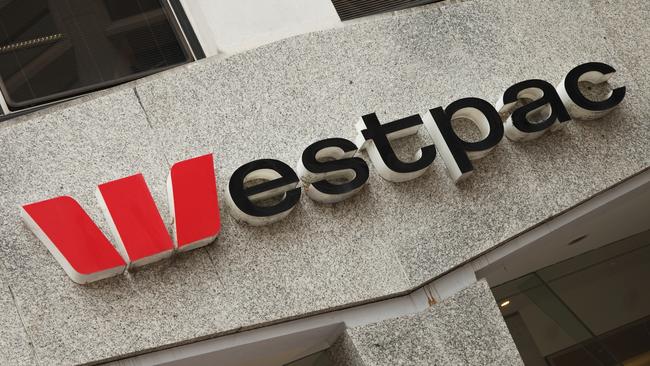Westpac does Zip for max return

Not much, if Westpac’s strategic partnership with buy now, pay later group Zip is any guide.
On Monday, Westpac’s head of global transaction services Di Challenor stepped down from the Zip board, reflecting dilution of the bank’s shareholding to below the agreed 15 per cent threshold for a board seat.
Three years ago, amid considerable fanfare, Westpac paid $40m, or 81c a share, for a 17.1 per cent stake in Zip.
The bank also qualified for 9.8 performance options in return for an extra $8m if Westpac-related Zip revenue exceeded certain annual hurdles, starting at $25m.
The revenue would be earnt from rolling out Zip’s products and services across Westpac’s payments network.
Suffice to say, Westpac hasn’t qualified for any performance options.
Not only that, but the bank’s shareholding has diminished to 10.9 per cent as of August 31 due to Zip’s scrip-funded acquisition of US buy now, pay later group QuadPay.
Westpac still holds 55.2m shares.
At its current share price of about $6, the holding is worth a cool $331m.
It’s been an astonishingly good investment, but that’s all down to the work of Zip and its founders Larry Diamond and Peter Gray.
Westpac’s contribution has been minimal, although there are suggestions work has started on the promised integration of Zip’s products with Westpac’s network.
If true, it wouldn’t be before time.
It’s easy to understand Zip’s motivation for doing a deal with Westpac.
Like all fintechs, it faced the challenge three years ago of rapidly building scale before cash and/or investor interest evaporated.
Like most incumbents, Westpac would have had the best of intentions to help Zip achieve its ambitions.
But when the euphoria of the deal dies down, responsibility for execution transfers to the business unit - in this case the consumer bank - as the sponsors move on to the next transaction.
The consumer bank, for its part, has had other issues to contend with, notably the erosion of its home-lending market share due to processing challenges offshore.
Group chief executive Peter King, who is trying to awaken the bank from its Austrac anti-money laundering nightmare, has also had to replace about half his leadership team.
These are not excuses; it’s the unfortunate reality of dealing with large institutions.
In the meantime, Zip has replaced Challenor with company director and former investment banker Pippa Downes.
The company is also looking to expand its board with the appointment of a US-based director, in line with its expansion into the key US market.
Twitter: @Gluyasr







What happens when a large bureaucratic institution invests in an ambitious disrupter, promising that both would capitalise on an “emerging market opportunity”?